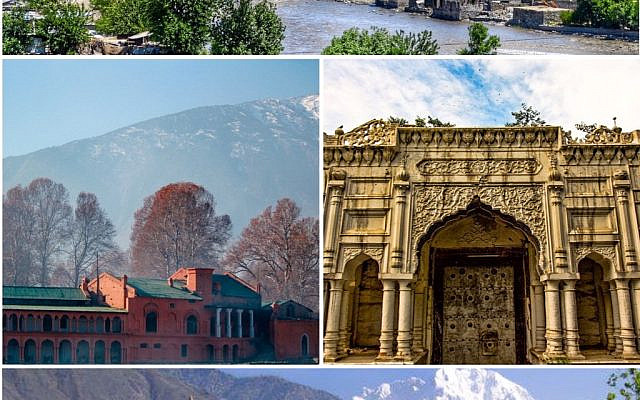The terrorist organisation, Tehreek-e-Taliban Pakistan (TTP)’s recent assault on the strategic town of Chitral in the northern area of Khyber Pakhtunkhwa in Pakistan has raised a serious question whether the militant group is getting help from some elements of Pakistan’s security forces. This is a critical question isn’t being asked in Pakistan, atleast in the media.
It is quite clear that the brazen manner in which TTP elements carried out multiple attacks on Chitral could not have been possible without the support and approval of the Taliban regime. The attack, which lasted a few days, was a clarion call for a war on the state. Serious are possibilities that the TTP is getting help from the local tribesmen, paramilitary personnel and even the army.
The reasons that such a possibility could not be discounted stems from certain facts. First, TTP’s attack on Chitral was masterminded by the Haqqani clan, a terrorist group with close links to the Pakistan Army. Sirajuddin Haqqani, the head of the Haqqani Network, is today Minister of the Interior in the Taliban regime in Kabul. Haqqani till August 2021, when the Taliban captured Kabul from the Afghan forces, was a close ally of the army. In fact, it is known that former ISI chief, Lt. General Faiz Hameed, was instrumental in getting the Haqqanis key positions in the new Taliban government. Sirajuddin Haqqani’s father, Jalaluddin Haqqani, was a close friend of another infamous ISI chief, Hamid Gul. The US Admiral Mike Mullen, Chairman of the Joint Chiefs of Staff, had called the Haqqanis as a “veritable arm” of Pakistani intelligence.
The Haqqanis are experts at masterminding terrorist attacks in the region. They survived the powerful US-led forces in Afghanistan all these years, thanks largely to the support from the Pakistan Army. The Haqqanis have survived the dangerous game, even against the most powerful militaries in the world, largely because of certain factors, one being its decision to recruit Pakistanis in its cadre. Over 10 per cent of the militant network’s cadre are Pakistanis, drawn largely from TTP, Lashkar-e-Tayyiba, and Lashkar-e-Jhangvi. This also indicates the depth of their relationship with the army and its intelligence wing, ISI.
Few other incidents further confirm the fears of complicity with the militant groups. In October 2022, a school van was fired upon by TTP militants in Swat. When the local people rose up in protest against the attack, the army moved in to suppress the public voice by punishing them instead of hunting down the militants.
Before the van was targeted, local mobilisation against the growing presence of TTP militants in the mountainous region had gathered pace. As thousands of people streamed into the streets,the army dispatched three Divisions to Swat between September 18 and 22, and were stationed in the hilly areas of Matta. The army also blocked the internet for about 22 days. A few weeks back, the army had claimed that public fear was misplaced and a result of misperception. The army said the reports of TTP presence was “ grossly exaggerated and misleading”. What riled the people was the fact that despite such a heavy army presence along with the deployment of Levis, police and other paramilitary, TTP militants managed to attack a school van and kill two students. In May 2022, the army had freed one of TTP’s main leaders, Muslim Khan, as a goodwill gesture in the protracted negotiation with TTP. Muslim Khan was a top Pakistani TTP leader from the Swat Valley in northwestern Pakistan. In 2016, a Pakistani military court sentenced him to death. Khan, a former spokesman for the militants, was convicted of killing 31 people, including civilians and security personnel.
But there were clear signs of the relationship between the Taliban and the army going sour soon after the August 2021 Kabul victory. The Haqqanis got important roles in the new administration, thanks largely to the Pakistan Army. But the army’s flip flop on allowing the TTP to return to Swat and other tribal areas became a sore point in the negotiations. After April 9, 2022, when Prime Minister Imran Khan was unceremoniously removed from the post by the army, a growing public anger against the Generals had swelled across the country. The army was caught on the wrong foot and had been hobbling ever since then. No General had the gall to surrender territory to a `friendly Taliban` and face a mutiny.
Well known commentator and physicist, Dr Pervez Hoodbhoy, wrote in Daw perhaps one of the most perceptive pieces on TTP. He wrote, “the Americans are gone and India has been driven out of Afghanistan, so who now is friend or foe? Are orders from the top being followed by those below? Are officers and soldiers on the same page? “
Even he resisted from asking the one question that matters–Why has a 600000-strong nuclear powered army failed to push back a relatively small-scale militant group?

